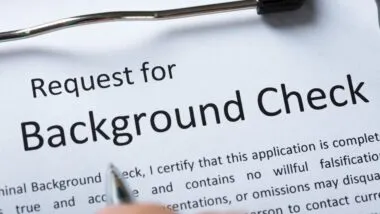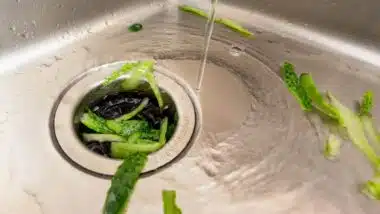 California privacy laws are some of the strictest in the country, requiring businesses to adhere to a number of regulations when conducting phone calls with customers. In particular, California privacy laws require businesses to gain the consent of customers before recording any conversations that may take place during a customer service call.
California privacy laws are some of the strictest in the country, requiring businesses to adhere to a number of regulations when conducting phone calls with customers. In particular, California privacy laws require businesses to gain the consent of customers before recording any conversations that may take place during a customer service call.
The California Invasion of Privacy Act (CIPA) requires that all parties involved in a conversation give their consent before the conversation is recorded. These California privacy laws apply to active businesses conducting customer service calls into and out of the state.
Class action investigators are currently in the process of determining whether or not certain businesses violated California privacy laws, including the popular 99 Cents Only Stores. Established in 1982, 99 Cents Only Stores have spread throughout the Southwestern the United States. There are currently over 350 retail locations in California, Texas, Arizona, and Nevada, serving millions of customers on a daily basis.
Like many businesses, 99 Cents Only Stores has a dedicated customer service line that is designed to accept and place calls to consumers for various purposes. Often these calls may be recorded for the purpose of training employees or for keeping a record in case it is needed for references. Regardless, 99 Cents Only Stores and other businesses must get the consent of consumers before any call recording takes place.
Overview of California Privacy Laws
Under California privacy laws, both the customer service representative and the customer must give their consent before the call is recorded. While the customer service representative most likely gives consent as part of the performance of their job, the recipient must be given a disclosure at some point during the call that the call may be recorded.
This disclosure is often given during the beginning of the call, stating that the conversation may be monitored or recorded for customer service training purposes. Consent can be expressly given, with the customer asked to say yes or no to indicate their consent or asked to press a button on their dialing pad.
California privacy laws also allow Customers to give implied consent by staying the line after being notified that the call may be recorded. Businesses found to be in violation of the California privacy could face up to $2,500 per illegal call recording incident, with the offender potentially being responsible up to $5,000 or three times the amount of actual damages that were incurred.
Class action investigators are encouraging California consumers to come forward, if they or someone they know may have had their privacy rights violated. Out of state businesses may also face penalties for violations of California privacy laws. Even though out of state businesses have tried to argue that the CIPA violated the United States Constitution’s Commerce Clause, judges have ruled in favor of the call recipients because these calls affected California residents. There have already been several multimillion-dollar settlements reached, with businesses looking to resolve these allegations of California call recording violations.
Join a FREE California Call Recording Class Action Lawsuit Investigation
If you live in California and you did not receive a warning when calling a toll-free number, your call may have been recorded in violation of California law, and you may be entitled to compensation. See if you qualify to file a California call recording class action lawsuit.
ATTORNEY ADVERTISING
Top Class Actions is a Proud Member of the American Bar Association
LEGAL INFORMATION IS NOT LEGAL ADVICE
Top Class Actions Legal Statement
©2008 – 2026 Top Class Actions® LLC
Various Trademarks held by their respective owners
This website is not intended for viewing or usage by European Union citizens.














